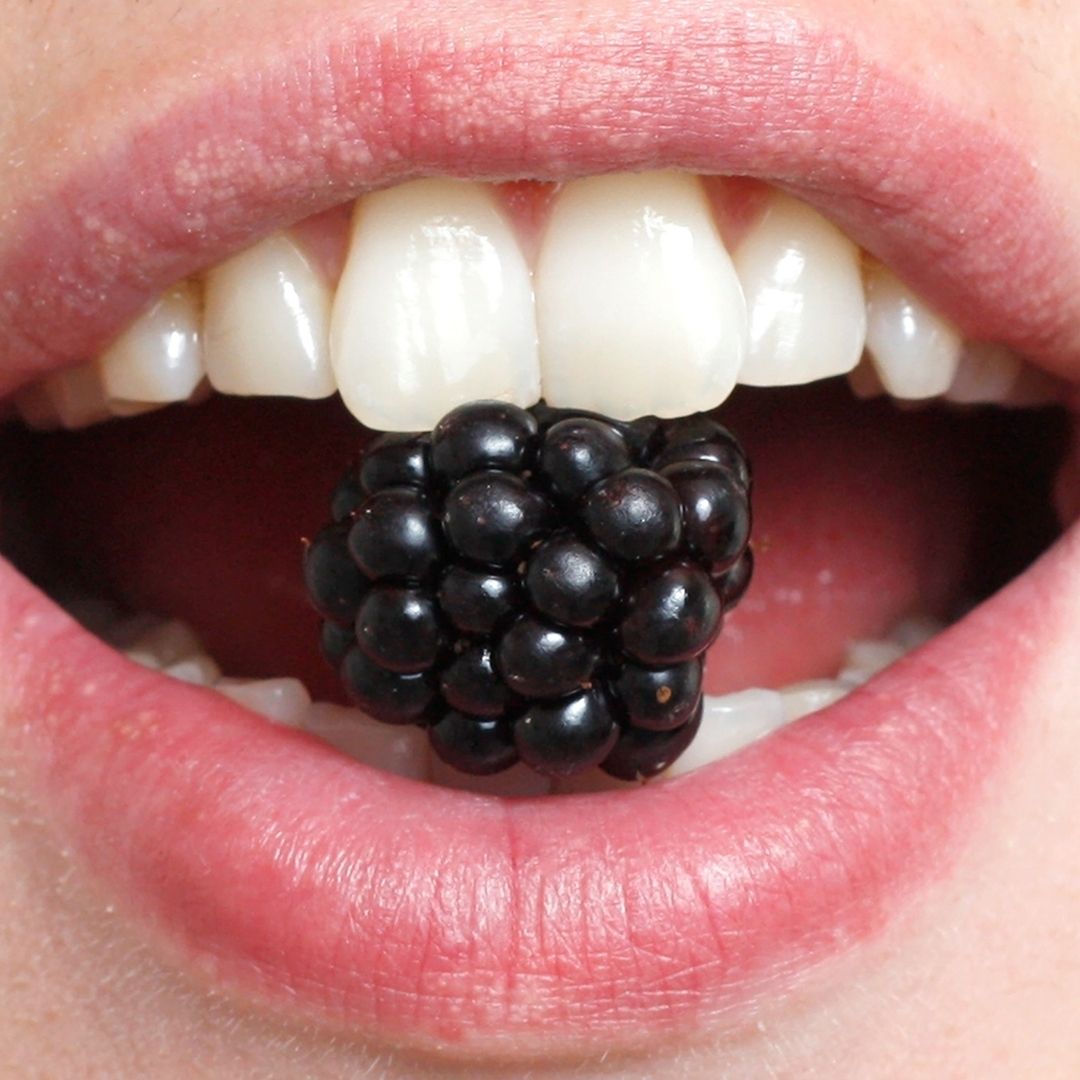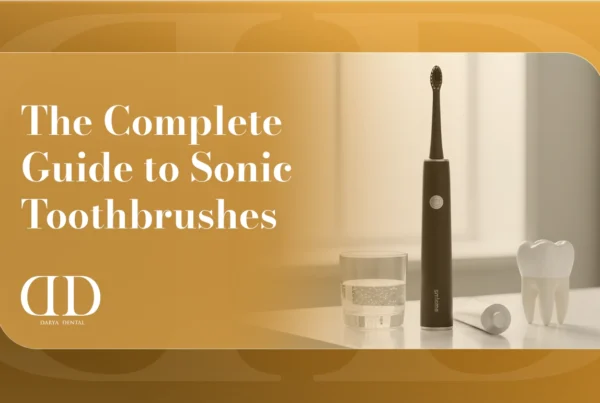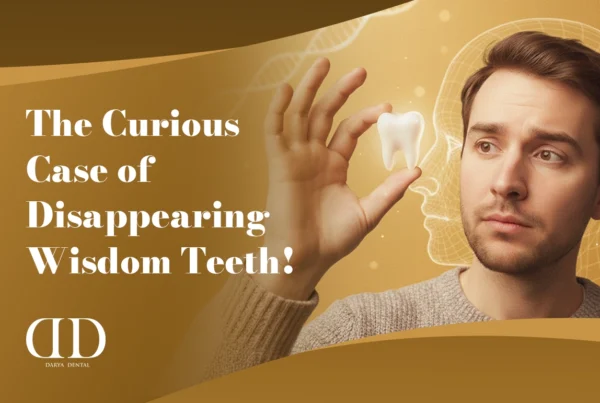Foods That Promote Gum Health
Leafy Green Vegetables
Spinach, kale, arugula, and other leafy greens are nutritional powerhouses for gum health. They’re rich in vitamins C and K, folate, and antioxidants. The high fiber content also helps stimulate saliva production, which naturally cleanses the mouth.
Fatty Fish
Salmon, mackerel, sardines, and other fatty fish provide omega-3 fatty acids and vitamin D. The anti-inflammatory properties of these nutrients make fatty fish an excellent choice for supporting gum health.
Nuts and Seeds
Almonds, walnuts, and seeds like chia and flax provide healthy fats, vitamin E, and minerals like calcium and magnesium. They also require chewing, which stimulates saliva production.
Colorful Fruits and Vegetables
Berries, bell peppers, carrots, and other colorful produce provide vitamin C, antioxidants, and fiber. The natural fiber helps clean teeth during chewing, while the nutrients support tissue health.
Green Tea
Green tea contains catechins, powerful antioxidants that have been shown to reduce inflammation and bacterial growth in the mouth. Regular green tea consumption has been associated with better gum health in several studies.
Yogurt and Probiotic Foods
Probiotic foods may help maintain a healthy balance of bacteria in the mouth. Some studies suggest that certain probiotic strains can help reduce harmful bacteria associated with gum disease.
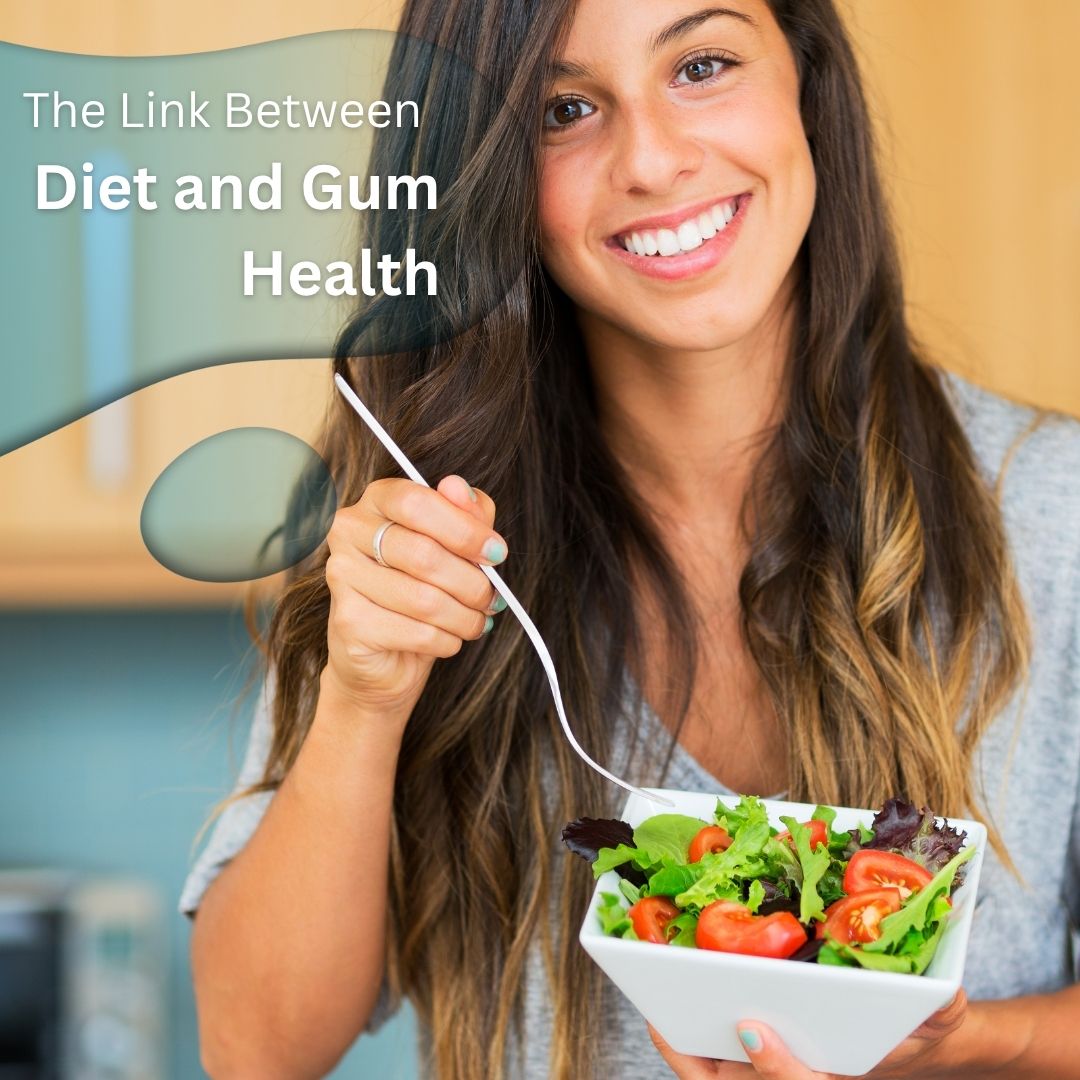
Understanding Gum Health and Periodontal Disease
Gum health refers to the condition of the soft tissues that surround and support your teeth. Healthy gums are firm, pink, and don’t bleed during normal brushing or flossing. When gums become inflamed due to bacterial buildup, the condition is called gingivitis—the earliest stage of gum disease. If left untreated, gingivitis can progress to periodontitis, a more severe form of gum disease that can lead to tooth loss and has been linked to various systemic health conditions including heart disease, diabetes, and stroke.
The primary cause of gum disease is the accumulation of plaque—a sticky film of bacteria that forms on teeth. However, diet plays a crucial role in either promoting or preventing this bacterial overgrowth, influencing inflammation levels, and supporting the body’s natural healing processes.
How What You Eat Affects Your Smile
Your gums are the foundation of a healthy smile, yet they’re often overlooked until problems arise. While most people understand that brushing and flossing are essential for oral health, fewer realize that their daily food choices play an equally critical role in maintaining healthy gums. The relationship between diet and gum health is complex and bidirectional—what you eat directly impacts your gums, while gum disease can affect your ability to maintain proper nutrition.
How Diet Directly Impacts Gum Health
The Sugar Connection
Sugar is perhaps the most well-known dietary enemy of oral health. When you consume sugary foods and beverages, harmful bacteria in your mouth feed on these sugars, producing acids as waste products. These acids not only attack tooth enamel but also create an environment that promotes bacterial growth and inflammation in the gums.
Frequent sugar consumption throughout the day is particularly problematic because it provides a constant food source for harmful bacteria. This is why sipping sugary drinks or snacking on sweet treats throughout the day can be more damaging than consuming the same amount of sugar in one sitting.
Processed Foods and Inflammation
Ultra-processed foods, which are often high in refined carbohydrates, unhealthy fats, and artificial additives, can promote systemic inflammation throughout the body, including in the gums. These foods often lack the nutrients necessary for maintaining healthy tissues and supporting immune function.
Refined carbohydrates, in particular, can spike blood sugar levels and contribute to inflammation. They also tend to stick to teeth more readily than whole foods, providing prolonged exposure to harmful bacteria.
The Role of Acidity
Acidic foods and beverages can temporarily soften tooth enamel and irritate gum tissues. While citrus fruits and other acidic foods can be part of a healthy diet due to their vitamin content, frequent exposure to high-acid environments in the mouth can contribute to gum irritation and enamel erosion.
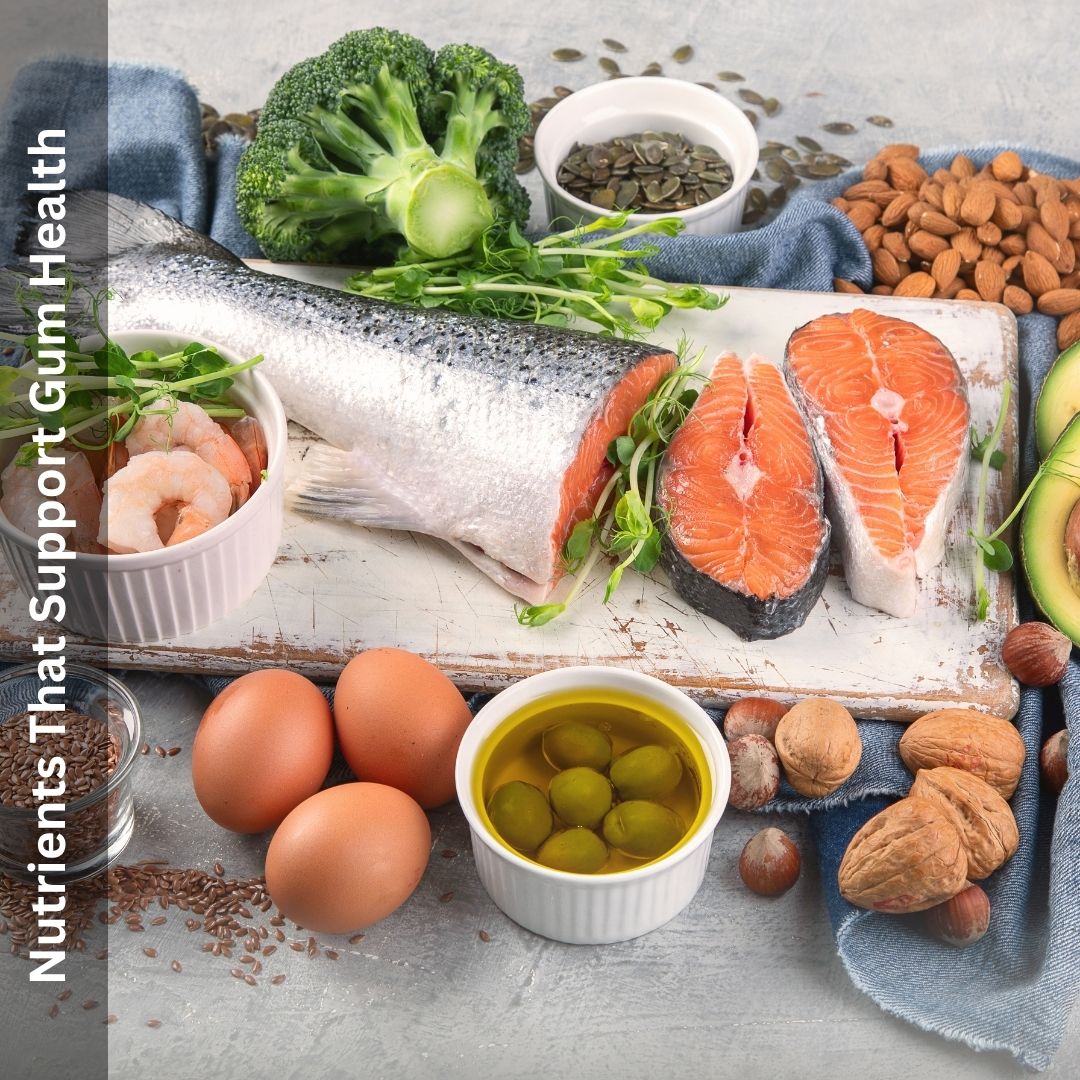
Nutrients That Support Gum Health
Vitamin C: The Collagen Builder
Vitamin C is perhaps the most important nutrient for gum health. It’s essential for collagen synthesis, the protein that gives structure to gums and other connective tissues. Severe vitamin C deficiency leads to scurvy, a condition characterized by bleeding, swollen gums and tooth loss.
Even mild vitamin C deficiency can compromise gum health, making tissues more susceptible to inflammation and slower to heal. Foods rich in vitamin C include citrus fruits, berries, kiwi, bell peppers, broccoli, and leafy green vegetables.
Vitamin D: The Immune Modulator
Vitamin D plays a crucial role in immune function and has anti-inflammatory properties. Research suggests that adequate vitamin D levels may help reduce the risk of gum disease by supporting the immune system’s ability to fight bacterial infections and control inflammation.
The body produces vitamin D when skin is exposed to sunlight, but it can also be obtained from fatty fish, egg yolks, and fortified foods. Many people, especially those living in northern climates, may need vitamin D supplements to maintain optimal levels.
Omega-3 Fatty Acids: Nature’s Anti-Inflammatories
Omega-3 fatty acids, particularly EPA and DHA found in fatty fish, have potent anti-inflammatory effects. Studies have shown that people with higher omega-3 intake tend to have healthier gums and may experience less severe gum disease.
These healthy fats help resolve inflammation and support tissue healing. In addition to fatty fish like salmon, mackerel, and sardines, omega-3s can be found in walnuts, flaxseeds, and chia seeds, though the plant-based forms are less readily utilized by the body.
Antioxidants: Cellular Protectors
Antioxidants help protect cells from damage caused by free radicals, which are produced during inflammatory processes. A diet rich in antioxidants can help reduce oxidative stress in gum tissues and support healing.
Key antioxidants for gum health include vitamin E (found in nuts and seeds), polyphenols (found in green tea, berries, and dark chocolate), and carotenoids (found in colorful fruits and vegetables).
B Vitamins: Supporting Tissue Health
B vitamins, particularly B12, folate, and B6, are important for maintaining healthy oral tissues. Deficiencies in these vitamins can lead to mouth sores, gum inflammation, and delayed healing. These nutrients are found in a variety of foods including leafy greens, legumes, whole grains, and animal products.
Foods and Habits to Limit
Sugary Snacks and Beverages
Candy, cookies, sodas, and other high-sugar items feed harmful bacteria and promote acid production. When consuming these foods, it’s best to do so with meals rather than as standalone snacks.
Sticky and Chewy Foods
Foods that stick to teeth, such as dried fruits, caramels, and gummy candies, provide prolonged exposure to sugars and can be difficult to remove with saliva alone.
Frequent Snacking
Constant snacking, regardless of the food type, keeps the mouth in an acidic state and doesn’t allow saliva to neutralize acids and remineralize teeth.
Excessive Alcohol
Alcohol can dry out the mouth, reducing saliva production. Saliva is crucial for neutralizing acids and washing away food particles and bacteria.
Practical Dietary Strategies for Gum Health
Meal Timing and Frequency
Eating regular meals rather than frequent snacking allows the mouth’s pH to return to neutral between eating episodes. This gives saliva time to neutralize acids and begin the remineralization process.
Hydration
Staying well-hydrated supports saliva production, which is the mouth’s natural defense system. Water also helps rinse away food particles and bacteria.
Food Combinations
Pairing potentially problematic foods with protective ones can help minimize damage. For example, eating cheese with crackers can help neutralize acids, while drinking water during and after meals helps cleanse the mouth.
Preparation Methods
How foods are prepared can impact their effect on oral health. Fresh fruits are generally better than dried fruits, and whole grains are preferable to refined carbohydrates.
The Bidirectional Relationship
It’s important to understand that the relationship between diet and gum health works both ways. While poor diet can contribute to gum disease, severe gum disease can also affect nutrition. Pain from inflamed or infected gums may lead people to avoid certain foods, particularly those that require more chewing, such as raw fruits and vegetables. This can create a cycle where poor gum health leads to poor nutrition, which further compromises gum health.
Beyond Diet: Supporting Lifestyle Factors
While diet is crucial, it’s part of a comprehensive approach to gum health that should also include proper oral hygiene, regular dental checkups, not smoking, managing stress, and getting adequate sleep. All of these factors work together to support optimal gum health.
Conclusion
The connection between diet and gum health is undeniable and multifaceted. A diet rich in anti-inflammatory nutrients, antioxidants, and essential vitamins and minerals provides the foundation for healthy gums, while foods high in sugar, refined carbohydrates, and processed ingredients can promote inflammation and bacterial growth.
Making conscious choices about what you eat isn’t just about maintaining a healthy weight or preventing chronic diseases—it’s also about preserving your smile and supporting your overall oral health. By incorporating gum-healthy foods into your daily routine and limiting those that contribute to inflammation and bacterial growth, you’re investing in both your oral health and your overall well-being.
Remember that dietary changes should complement, not replace, proper oral hygiene practices and regular dental care. If you’re experiencing signs of gum disease such as bleeding, swelling, or persistent bad breath, it’s important to consult with a dental professional for proper diagnosis and treatment.
Small changes in your diet can make a significant difference in your gum health over time. Start by adding more nutrient-dense, anti-inflammatory foods to your meals and being mindful of when and how often you consume sugary or processed foods. Your gums—and your overall health—will thank you for it.
Academic References
- Chapple, I. L. C., & Bouchard, P. (2016). The Role of Nutrition in Periodontal Health: An Update. Nutrients, 8(9), 530. Available at: https://www.mdpi.com/2072-6643/8/9/530
- This comprehensive review examines how balanced nutrition maintains periodontal health and discusses the influence of nutritional supplements on healing after periodontal surgery.
- Neprelyuk, O. A., Irza, O. L., & Kriventsov, M. A. (2024). Omega-3 fatty acids as a treatment option in periodontitis: Systematic review of preclinical studies. Journal of International Medical Research. Available at: https://journals.sagepub.com/doi/abs/10.1177/02261060241284694
- This recent systematic review of 19 studies demonstrates that omega-3 polyunsaturated fatty acids may decrease periodontitis progression by reducing inflammatory response and inhibiting bone loss.
- Keceli, H. G., Ercan, N., Karsiyaka Hendek, M., et al. (2020). The adjunctive effect of omega-3 fatty acids in periodontal therapy: A systematic review and meta-analysis. Lipids in Health and Disease, 19, 79. Available at: https://lipidworld.biomedcentral.com/articles/10.1186/s12944-020-01267-x
- This meta-analysis evaluates the beneficial effects of omega-3 fatty acid supplementation as an adjunct to conventional periodontal therapy, showing improved clinical outcomes in periodontitis patients.


